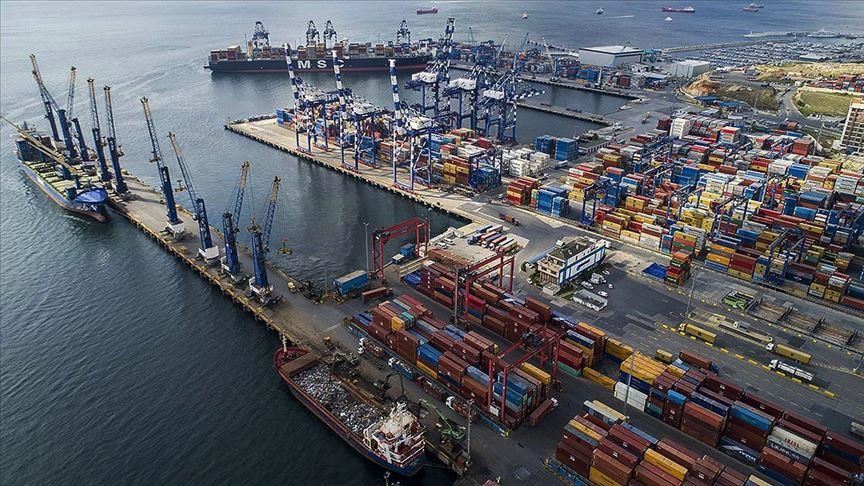After a year of slow sales, the Egyptian automotive market bounced back in the beginning of 2010.
The total number of automobiles sold in January increased by 63 percent compared with the same period the previous year–from 10,765 to 17,551 units.
"Actually it was the number expected from the car dealers, because the market is okay now," says Khaled Hosny of local car dealership Abou Ghaly Motors.
Passenger car sales saw the biggest increase, nearly doubling in the first month of 2010 the number of sales for the same period last year–from 7105 to 13,951, an increase of 96.4 percent.
Statistics indicate that consumers are showing a preference for mid-size automobiles. Passenger cars in the 1.5-1.6 liter range skyrocketed by 183.5 percent to 9681 sales.
The Automotive Marketing Information Council (AMIC), which publishes statistics using information provided by the car dealers themselves, breaks down passenger car sales according to engine size, in part because this is how Egyptian customs categorizes cars to determine import duties.
Strong sales are expected to continue in the coming years. A recent report by Business Monitor International predicts that total automotives sales will increase from US$9.48 billion in 2009 to $23.54 billion in 2014, a rise of 148 percent.
Although dealers are pleased with the sales figures starting off the year, local manufacturers continue to have reason for concern. Completely Built Up (CBU) automobiles (ones that are totally assembled abroad) continue to outpace Completely Knocked Down (CKD) cars (ones which are partially manufactured within the country where they are sold).
This was particularly visible in the passenger car market. In January, two out of every three cars sold were CBU.
The industry expects this trend to continue, and possibly even strengthen in the coming years.
This year the government has committed to begin gradually reducing customs duties on automobiles until they reach zero in 2019.
Additionally, the Agadir Agreement–which aims to facilitate trade between Egypt, Morocco, Tunisia and Jordan–allows goods to be imported duty free between the four participating countries.
This gives manufacturers from those countries a tremendous advantage. The agreement is seen to particularly benefit French manufacturers, which have a substantial presence in Morocco.
The agreement worried some in the auto industry, especially considering last year’s low sales figures. If not for a government program to replace old taxis with new, metered cars, the industry would have suffered even more. Under this program five automotive companies sell new taxis on credit against the collateral of an old clunker and a cash deposit.
But that’s not to say sales of taxis are the reason for strong sales in January. Sales of taxis in the program actually declined slightly in January, from roughly 1200 in December to about 800 in January, according to Hosny.
"There was a drop last year because of the world economic crisis," says Hosny, who is also the spokesman for AMIC.
"In January 2009 it was almost 45 percent down from the usual," he adds. "We’re back on track."




